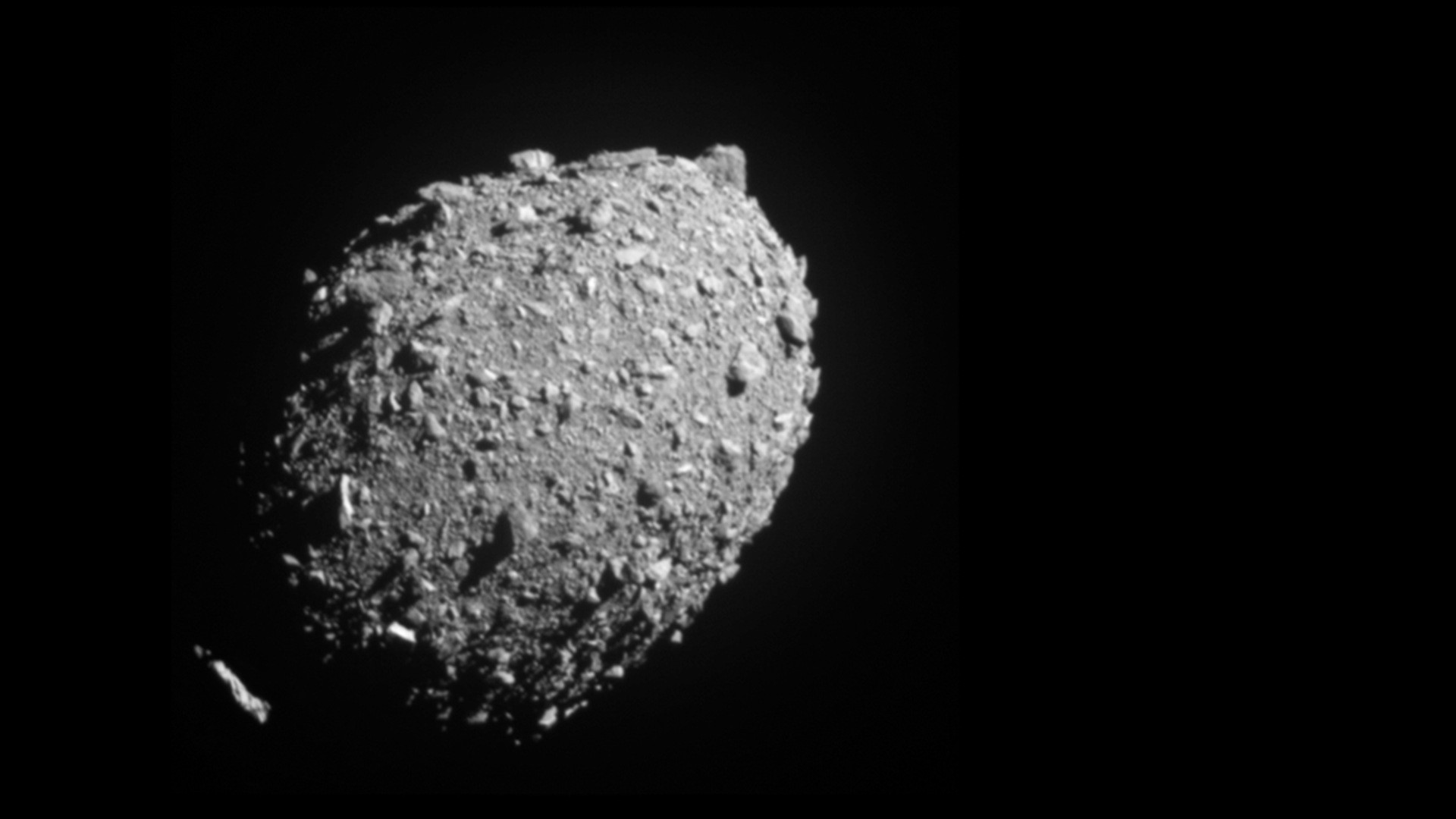Ruminant livestock, including cows, sheep, and goats, are known for their unique digestive system that enables them to extract nutrients from plant-based food sources without fully chewing their food.
However, this digestive process produces methane as a by-product. Methane is generated through the belching of these animals and the decomposition of their stored manure.
Methane is a potent greenhouse gas that contributes to climate change. While methane accounts for approximately 20% of greenhouse gas emissions, it is at least 25 times more effective than carbon dioxide in trapping heat in the atmosphere.
Algae offers a bizarre new solution to this climate crisis!
Now, in encouraging news for the planet, Swedish scientists have found that greenhouse gas emissions from dairy cows’ manure can be reduced by nearly 50% by incorporating algae into the manure.
The red sea plume or Asparagopsis taxiformis (AT), an algae commonly found in tropical, warm waters, has been discovered to be a natural methane inhibitor due to its bromoform compound.
When researchers added the red sea plume into cow manure, it reduced methane emissions during decomposition by 44 percent, showcasing promising results in the ongoing fight against climate change.







